News
-
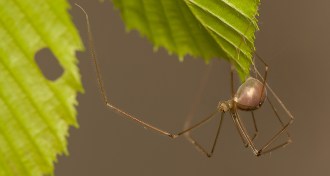 Materials Science
Materials ScienceSpiders spin stronger threads with nanotubes
Spiders sprayed with carbon nanotubes spin supertough strands of silk.
By Meghan Rosen -
 Psychology
PsychologyQuantity counts for baboons
Counting-like logic helps baboons track and compare accumulating sets of peanuts.
By Bruce Bower -
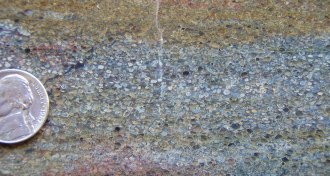 Earth
EarthAsteroids boiled young Earth’s oceans, remnant rocks suggest
Giant asteroid impacts may have boiled Earth’s oceans around 3.3 billion years ago, snuffing out near-surface life.
-
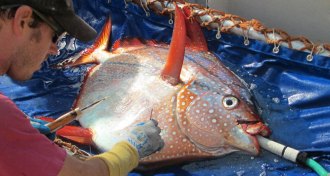 Animals
AnimalsDeepwater dweller is first known warm-hearted fish
The opah, a deep-diving fish, can keep much of its body warmer than its surroundings, making it similar to warm-blooded birds and mammals.
By Susan Milius -
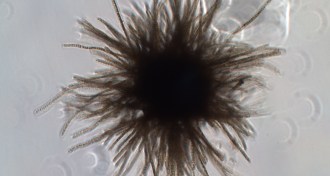 Oceans
OceansMysterious form of phosphorus explained
Mysterious form of phosphorus may be used as shadow currency by marine microbes, potentially upending scientists’ understanding of nutrient exchanges.
By Beth Mole -
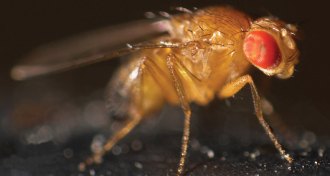 Neuroscience
NeuroscienceFruit flies flee from shadows
Studying flies’ responses to an ominous shadow may lead to a deeper understanding of humans’ emotions.
-
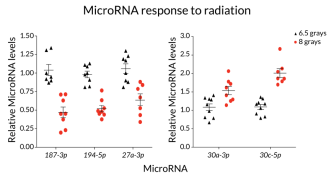 Genetics
GeneticsMicroRNAs track radiation doses
MicroRNAs in the blood may indicate radiation damage, a study of mice finds.
-
 Physics
PhysicsElectron pairs can take the heat
Electrons have been found pairing up for the first time in a solid that is not in a superconducting state.
By Andrew Grant -
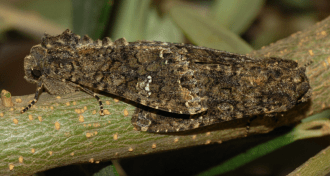 Animals
AnimalsNighttime light pollution sabotages sex pheromones of moths
Artificial lighting at night can trick female moths into releasing skimpy, odd-smelling sex pheromones.
By Susan Milius -
 Genetics
GeneticsMolecular scissors snip at cancer’s Achilles’ heel
Finding cancer’s vulnerable spots using CRISPR technology could lead to drugs that hit the disease hard.
By Meghan Rosen -
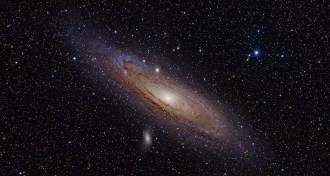 Astronomy
AstronomyAndromeda reaches out to touch Milky Way
The Andromeda galaxy is enveloped in a wispy halo of gas that extends halfway to the Milky Way.
-
 Quantum Physics
Quantum PhysicsQuantum experiment dissects wave-particle mash-up
A modified version of a landmark quantum physics experiment has shown that a single parcel of light can be a particle and a wave simultaneously.
By Andrew Grant